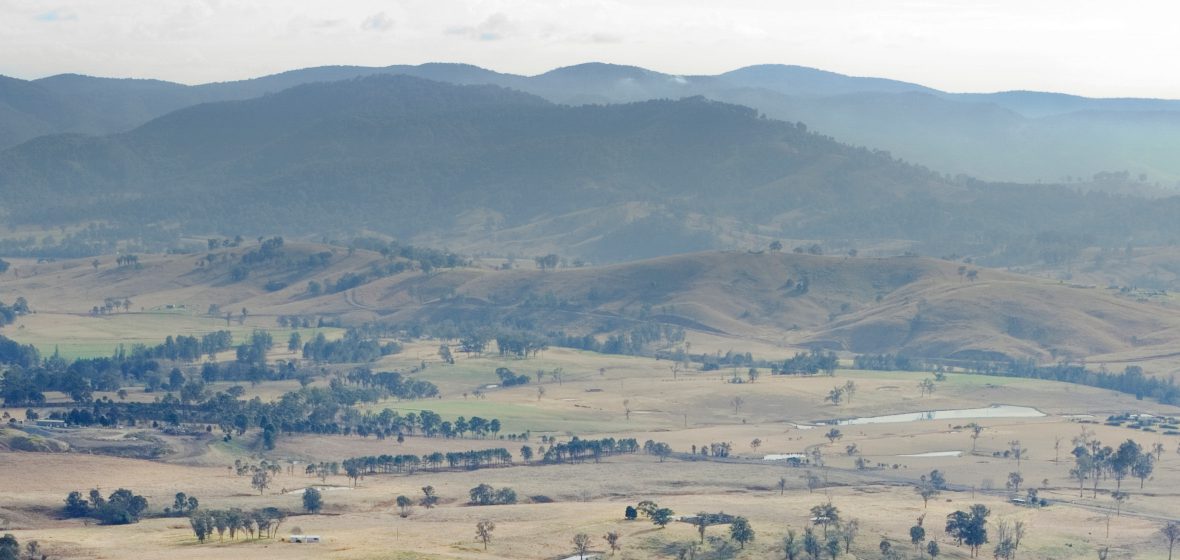Snapshot
- The recent decision of the NSW Land and Environment Court in Gloucester Resources Limited v Minister for Planning attracted much attention, as it was the first time that an Australian court refused a development on the basis of its climate change impacts.
- Importantly, the judge’s refusal was also based on the significant social impacts of the proposed mine.
- The decision makes clear that issues surrounding Aboriginal heritage must be taken seriously by proponents of State significant developments and that there must be genuine and effective consultation.
On 8 February this year, the NSW Land and Environment Court (Preston CJ) rejected an appeal by mining company Gloucester Resources Limited (‘GRL’) which sought consent to construct the Rocky Hill Coal Mine on the southern doorstep of the small mid-north Coast town of Gloucester (Gloucester Resources Limited v Minister for Planning [2019] NSWLEC).
Preston CJ dismissed the appeal partly on the basis of the likely contribution of the coal mine to climate change-causing greenhouse gas emissions. That aspect of the case has attracted significant media coverage. However, what has been often overlooked is that Preston CJ’s decision was also based on the likely significant social impacts of the mine, including a failure by GRL to properly assess the impacts of the mine on Aboriginal people.




